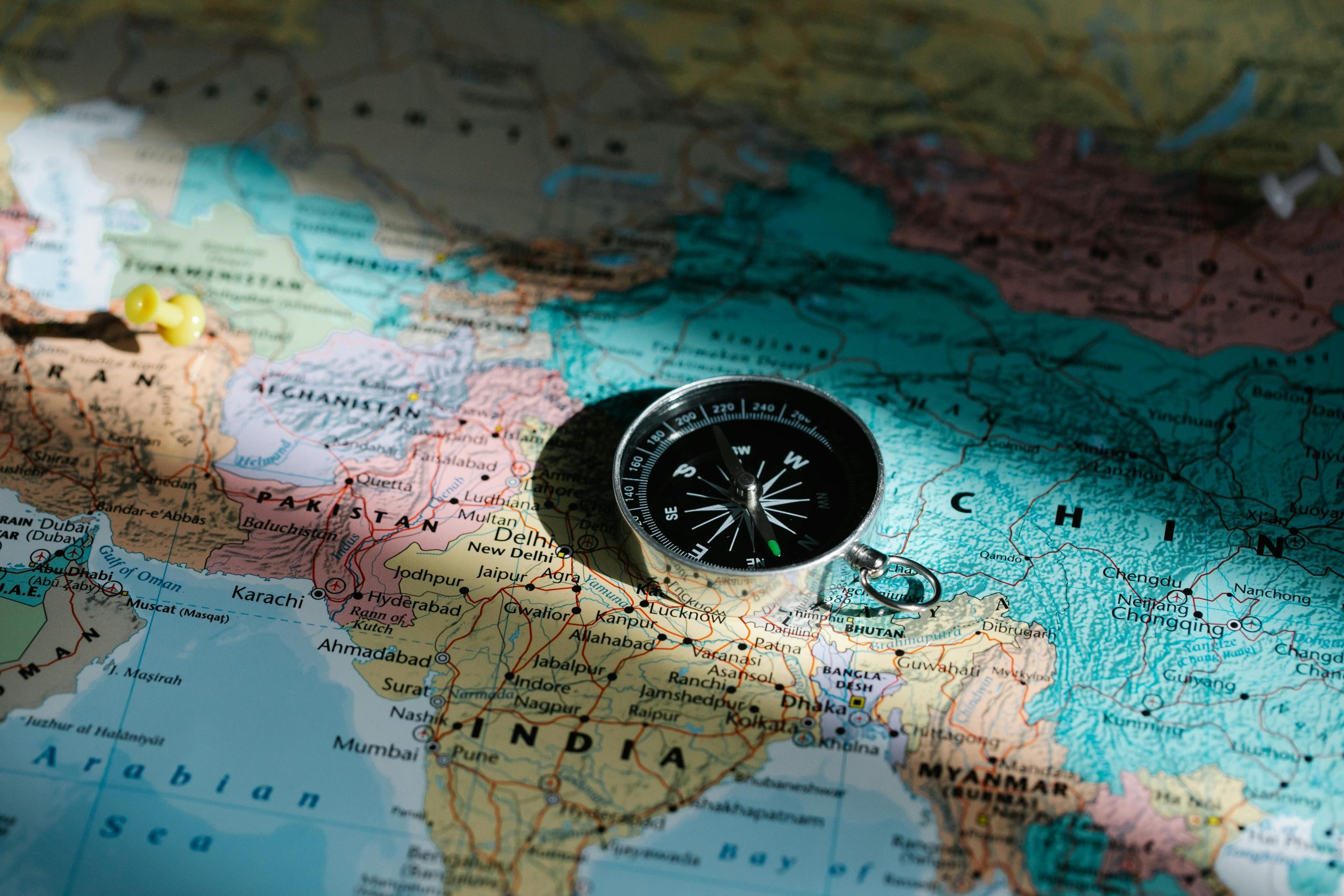The Possibility of Another 9/11: Are We Heading Towards a New Crisis?
In the context of rising tensions in the Middle East, particularly following recent confrontations involving Iran, it’s worth revisiting some unsettling theories that have surfaced over the years—specifically, the notion of a potential “9/11 2.0.” Reflections on past events urge us to consider the implications of governmental awareness and public manipulation associated with acts of terrorism.
In a revealing interview from 2010, which has since become difficult to find, WikiLeaks founder Julian Assange made a bold claim: he suggested that the United States government possessed sufficient intelligence to anticipate the September 11 attacks. He implied that rather than acting to prevent the disaster, they allowed it to unfold. While Assange did not delve into the motivations behind such actions, the aftermath of 9/11 provides a compelling context. The surge in military enlistment, alongside the public’s overwhelming support for overseas military initiatives, raises questions about how national crises can unify a fractured populace.
Recent discussions surrounding “sleeper cells” have further fueled speculation about the government’s readiness for potential threats. Sarah Adams, a former CIA officer, has brought attention to alleged plans by these sleeper cells to target airlines within the United States. Adding to the intrigue, she claims that despite the government being aware of these threats, action has not yet been taken to mitigate them.
This raises a haunting possibility: Could a large-scale attack orchestrated by these sleeper cells serve as a catalyst for the government to rally public support? An event of such magnitude could potentially lead to an immediate surge in military enlistment and overwhelming approval for foreign interventions—echoing the rallying response observed after 9/11.
As we navigate these uncertain times, it is crucial to engage in open discussions about the implications of fear, manipulation, and government transparency. The history of crises suggests that they often serve as both a unifying force and a tool for political agendas, which makes it essential to remain vigilant and informed. As citizens, we must critically assess the information we receive and question the narratives presented to us in the wake of potential threats. Only through this scrutiny can we hope to prevent fear from dictating our collective response to crises.



